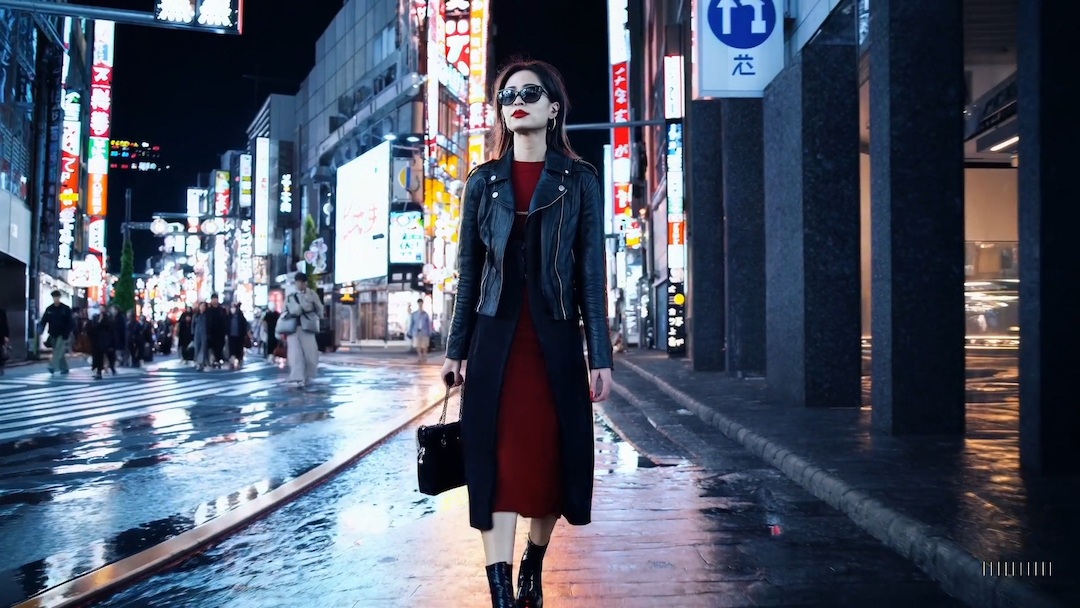Angry artists leak OpenAI's video generator Sora
On Tuesday, OpenAI’s Sora video generator was leaked online via the AI platform Hugging Face. The tool, which remains in a research preview phase, was taken down within hours. However, the leak has ignited criticism from artists who had been involved in Sora’s alpha testing phase, accusing OpenAI of exploiting their efforts.
OpenAI is best known for its ChatGPT chatbot. However, you may remember that the company introduced Sora in March as a tool to generate complex, text-based videos of up to one minute. This technology promised multi-character scenes and diverse shots, with the potential for widespread creative use. At the time, OpenAI’s CTO Mira Murati explained that Sora was accessible only to a select group of artists, designers, and filmmakers for early testing, with plans for broader availability later this year.
The Leak
The leak appeared on X (formerly Twitter) when the @legit_rumors account shared a link to a Hugging Face page, claiming, “OpenAI Sora has leaked.” This page allowed users to generate 10-second videos in 1080p resolution using brief text inputs. Within hours, social media platforms were flooded with examples of Sora-generated videos.

Despite the excitement, OpenAI quickly disabled access to the tool, and the Hugging Face page hosting Sora became inaccessible. The Hugging Face page was replaced with an open letter signed by numerous artists involved in the Sora alpha program.
The Response
Addressed to “Dear Corporate Overlords,” the letter accused OpenAI of using artists as unpaid labor for a project they claim prioritizes public relations over genuine artistic development.
“We received access to Sora with the promise to be early testers, red teamers and creative partners,” the letter reads. “However, we believe instead we are being lured into 'art washing' to tell the world that Sora is a useful tool for artists.”

The letter also emphasized the need for open-source alternatives, urging creators to experiment with non-commercial AI tools and avoid corporate platforms.
OpenAI's Response
In a statement to TechCrunch, an OpenAI spokesperson confirmed that Sora is still in its research preview phase. The company emphasized that participation in the test program is voluntary and that it values artist feedback.
“Hundreds of artists in our alpha have shaped Sora’s development, helping prioritize new features and safeguards,” the statement read. “Participation is voluntary, with no obligation to provide feedback or use the tool. We’ve been excited to offer these artists free access and will continue supporting them through grants, events, and other programs.”

The spokesperson added that artists are expected to use Sora “responsibly” and maintain confidentiality regarding the tool’s details. However, the company did not specify what “responsible” use entails or clarify which details are deemed confidential.
Implications and Discussions
The Sora leak has sparked fresh discussions about the challenges of using AI in creative fields. Many artists feel that companies like OpenAI benefit too much from their work without giving enough back. They are asking for clearer communication, fair pay, and better treatment.
As OpenAI prepares Sora for public release, it’s under pressure to listen to these concerns and build stronger, fairer partnerships with artists. This situation highlights the importance of using AI in ways that respect and support the people who contribute to its success, especially as these tools become more common in creative industries.
[via Videomaker]










